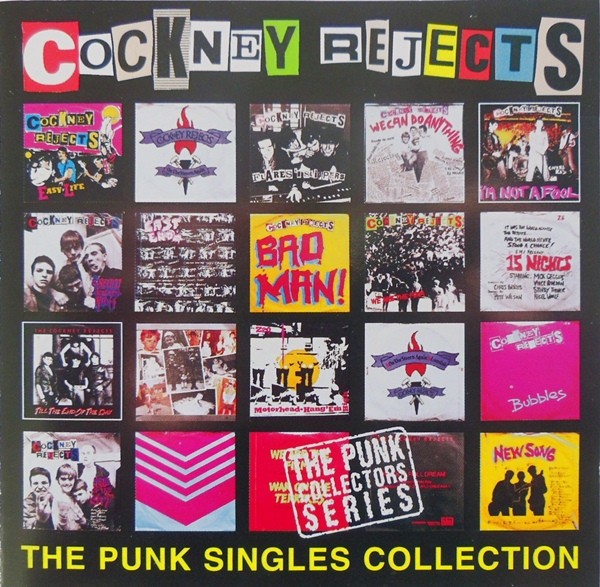

Initially, it sounds perilously close to sneering at “little world” ambitions, as though there’s something unconscionable about wanting to own your own home and have kids. Tall Poppies retells the saga of a provincial David Watts figure – confident, handsome, a skilled footballer – who decides to stay put in his home town, become an estate agent and settle down. Certainly, there are flashes of a smartness and depth to Smith’s writing that go beyond scabrous one-liners. The Overload is a starting point for a number of routes, rather than a perfectly formed end in itself.

Yard Act are sporadically consumed by their own influences, particularly on Rich which, with its hypnotic two-note bassline, percussive clatter and distinctly Mark E Smith-ish vocal intonation – “skilled lay-BUUH in the private sec-TUUH” – sounds so much like the Fall circa Perverted By Language you start wondering if it’s actually a knowing double bluff, a wry comment on the media’s eagerness to bring up the Fall whenever a band with a vocalist who speaks rather than sings appears.Īt other points, however, the sense of a band not yet fully developed feels oddly exciting. It’s on-the-nose but it’s also incisive and funny – Dead Horse skewers the far-right’s notion of British culture as “knobheads Morris dancing to Sham 69”.įor all the expectation that surrounds The Overload, it’s sometimes clear that it’s the work of a band that’s barely been together two years. They specialise in waspish pen portraits: of ghastly alpha male businessmen (The Incident), defiant embezzlers (“I’m the victim here,” protests the protagonist of Quarantine the Sticks), middle-class foodies “growing your own lettuces in the potholes on the road”. So too, one suspects, has the fact that their lyrics bluntly confront post-Brexit Britain – “the age of the gentrified savage … the overload of discontent,” as the title track puts it. That it tends to resolve pleasingly into memorable choruses, during which frontman James Smith sometimes drops into a bruised, untutored croon, has clearly aided their speedy progress. Their default musical setting is skittery-but-muscular post-punk funk: punchy disco drums, stabbing guitar, the melodies driven by the bass.


 0 kommentar(er)
0 kommentar(er)
